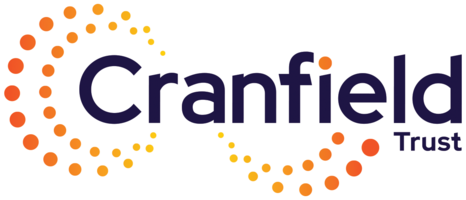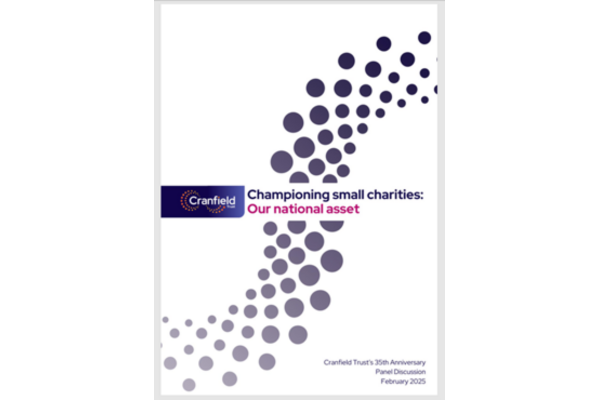With mentoring becoming ever more popular, in this article our Mentoring Coordinator, Emilia Ufir-Kaparaboina, explores what true mentoring is and looks at the benefit for charity leaders.
What is mentoring?
As Mentoring Co-ordinator overseeing our mentoring offering for charity leaders this is a question I am often asked. With so many different definitions of mentoring available and numerous approaches to mentoring, it is easy to get confused.
David Nour, in his article "The Best Mentorship Helps People Grow," articulates that an ideal mentor is someone who resists providing quick answers. Instead, they engage in meaningful conversations, challenge assumptions, and encourage critical thinking about the future. This perspective highlights mentoring as a dynamic, interactive process rather than a simple transfer of knowledge.
Distinguishing true mentoring
Professor David Clutterbuck, an authority on mentoring whom Cranfield Trust has been fortunate to work closely with in the development of its mentoring programme, further clarifies this concept. In an article on fast knowledge transfer, which I recently shared with our volunteer mentors, he explains that genuine mentoring is a journey of self-discovery and self-development. Unlike superficial services that may be labelled as mentoring, true mentoring involves more than just advice-giving. A mentor leverages their experience to ask powerful questions, offer insightful thoughts, and support their mentee's personal and professional growth.
Professor Clutterbuck emphasizes that mentoring focuses on the learning that mentees can extract from their experiences, applicable across various situations. It goes beyond addressing immediate problems to uncover deeper issues, helping mentees understand their internal context—values, aspirations, strengths, weaknesses—and linking these to their external environment. This often leads to a redefinition of goals, paving the way for meaningful growth.
The mentoring journey
Mentoring is not for those seeking a quick fix. It is a path for those who wish to broaden their horizons, expand their viewpoints, and explore new ways of thinking and doing. Engaging with a mentor can be transformative, encouraging charity leaders to reflect deeply, challenge their own perspectives, and grow both personally and professionally. It does however, take time and commitment and is a longer-term approach to development.
Cranfield Trust mentoring
Cranfield Trust offers a pro bono collaborative mentorship programme specifically for charity leaders that provides an opportunity to engage in a relationship based on an exchange of knowledge & experience to gain confidence, clearer purpose, insight & wisdom. The programme pairs charity leaders with experienced professionals from the commercial sector who volunteer their time for free.
Participants are carefully matched with mentors based on their expertise and professional knowledge, ensuring they have the skills and experience to help mentees achieve their goals. The mentoring process is structured and focuses on outcomes designed to boost confidence, increase learning, and improve performance. This support helps charity leaders navigate challenges, think strategically, and improve their organisational effectiveness. You can find out more about our mentoring services on our website.
Case study: Migdal Emunah
A great example of the impact of mentoring can be seen with Migdal Emunah, a charity providing support for victims of sexual abuse within the Jewish community. In November 2022, Erica Marks, who leads the charity, sought mentoring through Cranfield Trust. She was matched with volunteer mentor Gordon Walker. Erica describes Gordon as "experienced, kind, thoughtful, and knowledgeable," noting that the mentorship helped her work more efficiently and effectively, ultimately benefiting both charity clients and her staff team.
Erica's reflection underscores the transformative power of mentoring:
"Carving out time for reflection is one of the hardest things to find time to do, but probably the most important thing we all need to do. Gordon’s support helped me to reflect and find creative solutions to many issues I was facing."
Erica’s experience highlights how mentoring can lead to significant improvements in leadership capabilities and organisational effectiveness. Read the full case study.
If you're a charity leader looking to embark on a journey of growth and development, mentoring could be an excellent way forward. It's an opportunity to engage in a profound learning experience that extends beyond immediate solutions to foster long-term growth and transformation.
For more information on our collaborative mentorship, please contact me at [email protected]








